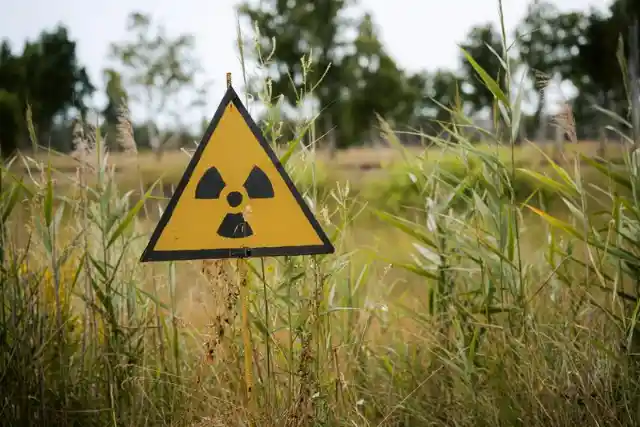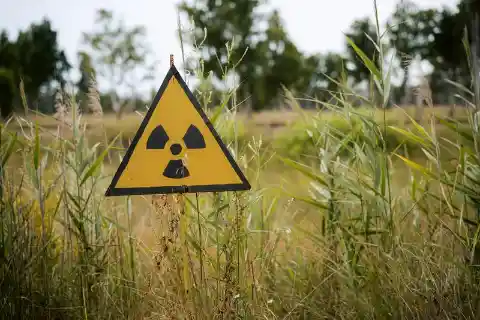As we continue to look for innovative ways to power society without harming the environment, many focus on renewable energy sources. Others focus on solutions like nuclear energy. Nuclear energy tends to come with a bad name due to its association with nuclear weapons and nuclear plant spill incidents like Fukushima and Chernobyl. Nuclear power, though, is seen as a viable way to combat climate change and end our reliance on damaging power sources.


Nuclear power will be a part of the medium-term solution to climate change, without a doubt. It is the research that is going into thorium, though, that could be the most interesting for nuclear advocates. With around 450 nuclear reactors around the world, one of the main problems we have is that they all need a form of fuel. These reactors are run on uranium-235, though others use Plutonium-239 instead. However, these are both poisonous and volatile substances – could thorium be the alternative?
Scientific teams have been reviewing thorium as an alternative solution for some time, and it looks like it could bear fruit in the future. Thorium, a radioactive material that is far more plentiful than uranium, is found in nations like India, America, Egypt, and Brazil. It is in meaningful supply, and it is not a fuel.


Thorium also lacks the fear of it having a chemical reaction if too much of it is stored in one place – a common problem with uranium. This means that when thorium is hit with neutrons, it will be turned into uranium-233, which can be used for generating the power we need in a nuclear reactor.
Today, thorium is used in more than 20 reactors and it is being commonly used by more and more industries. While it might be some time before thorium becomes the ‘norm’ it is a plentiful, less volatile alternative to what we are using today. If we want to make nuclear power a common reality, removing the roadblocks and worries will be very important. Thorium could be very important for doing just that.